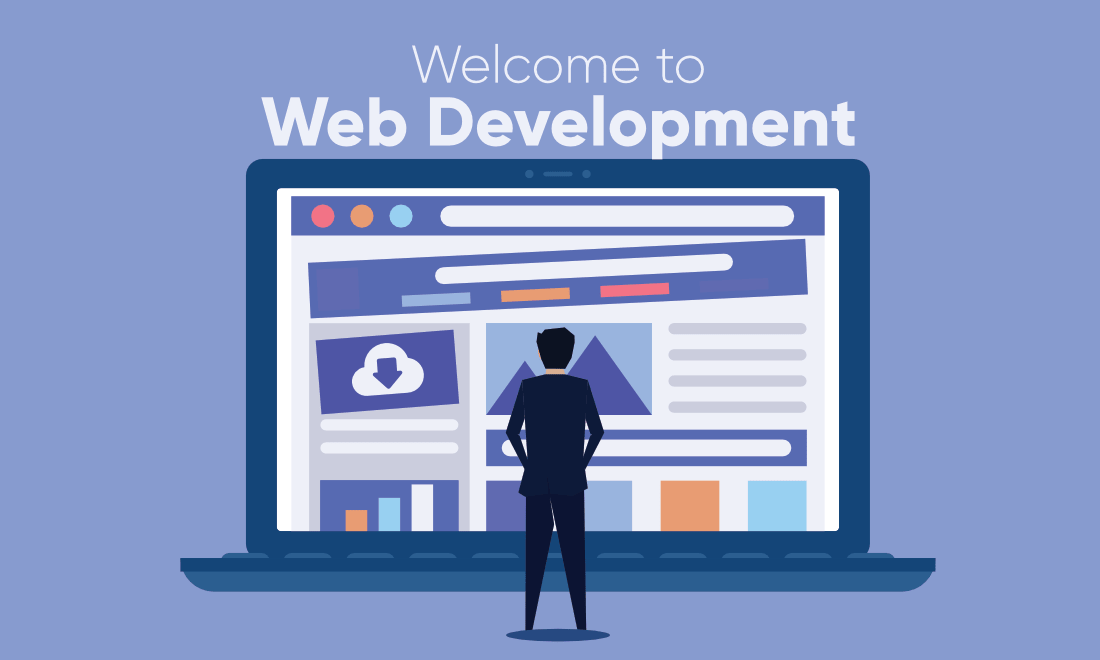
In the ever-evolving digital landscape, web development remains a pivotal skill. Whether you’re an aspiring developer, a career changer, or someone looking to enhance your current skills, choosing the right web development course is crucial. With numerous options available, making an informed decision can be overwhelming. Here’s a comprehensive guide to help you select a web development course that aligns with your goals and learning style.
1. Define Your Goals and Objectives
Before diving into course options, clearly define what you want to achieve. Are you looking to start a career in web development, switch from another tech field, or simply enhance your existing skills? Your goals will influence the type of course you need. For instance, a beginner might opt for a comprehensive full-stack course, while an experienced developer might seek specialized courses in areas like React.js or backend development.
2. Assess Course Content and Curriculum
A well-structured curriculum is essential for a meaningful learning experience. Examine the course syllabus to ensure it covers the fundamentals and advanced topics relevant to your goals. Key areas to look for include:
- Front-end Development: HTML, CSS, JavaScript, and frameworks like React or Angular.
- Back-end Development: Server-side languages (e.g., Node.js, Python, Ruby), databases (e.g., SQL, MongoDB), and server management.
- Full-Stack Development: A blend of front-end and back-end skills.
- Additional Skills: Web security, API integration, and deployment practices.
Ensure the course offers practical, hands-on projects that align with real-world applications. This practical experience is vital for reinforcing theoretical knowledge and building a strong portfolio.
3. Consider the Learning Format
Courses come in various formats, including online, in-person, and hybrid models. Each format has its benefits:
- Online Courses: Offer flexibility and can be completed from anywhere. Ideal for self-motivated learners who need a schedule that fits around their other commitments.
- In-Person Courses: Provide direct interaction with instructors and peers, which can enhance learning through immediate feedback and networking opportunities.
- Hybrid Courses: Combine online theory with in-person practical sessions, offering the best of both worlds.
Choose a format that matches your learning style and fits your schedule. If you prefer structured environments and direct interactions, in-person or hybrid might be better. For flexibility and self-paced learning, online courses are a strong option.
- Evaluate Instructor Expertise and Course Reputation
Your educational experience is greatly impacted by the caliber of the teacher. Examine the lecturers’ backgrounds and experiences. Experienced instructors with industry backgrounds bring real-world insights and practical knowledge to the course. Additionally, check reviews and testimonials from past students to gauge the course’s effectiveness and the instructor’s teaching style.
- Look for Accreditation and Industry Recognition
Accreditation can be an indicator of a course’s credibility and quality. Look for courses accredited by recognized institutions or those that offer certifications endorsed by industry leaders. Industry-recognized certifications can enhance your resume and make you more competitive in the job market.
6. Examine the Support and Resources Provided
Effective learning requires more than just access to course materials. Evaluate the support and resources offered, such as:
- Mentorship and Tutoring: Access to mentors or tutors for personalized guidance.
- Community and Networking: Forums or groups where you can interact with peers and professionals.
- Career Services: Assistance with job placement, resume building, and interview preparation.
A course that provides robust support and resources can greatly enhance your learning experience and help you transition into the workforce more effectively.
7. Consider the Cost and Financial Options
Web development course vary in cost, so consider your budget and financial options. While higher-priced courses might offer more comprehensive content and support, there are also affordable options that provide excellent value. Look for courses that offer financial aid, scholarships, or payment plans if needed.
8. Check for Updates and Industry Trends
Web development is a fast-paced field with constant advancements. Choose a course that stays updated with the latest technologies and industry trends. Outdated content may not reflect current practices and tools, which can impact your readiness for the job market.
Conclusion
Selecting the right web development course is a pivotal step in your journey towards becoming a proficient web developer. By defining your goals, assessing course content, considering the learning format, and evaluating instructor expertise, you can find a course that aligns with your aspirations. Additionally, factoring in support resources, financial considerations, and industry relevance will further guide you in making a well-rounded choice. With careful consideration and a clear understanding of your needs, you’ll be well on your way to embarking on a successful web development career.



